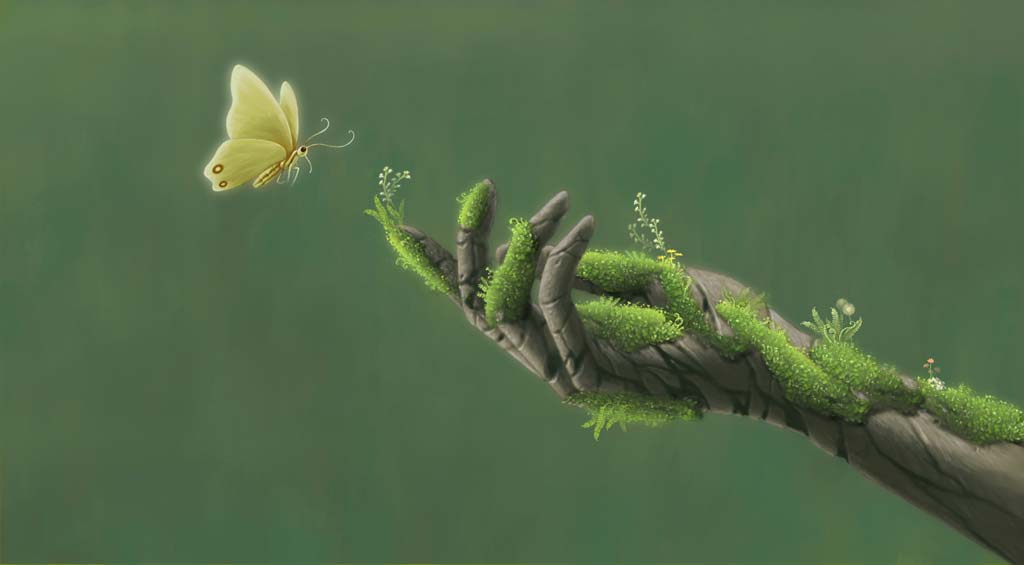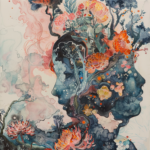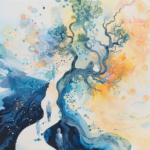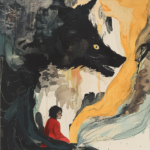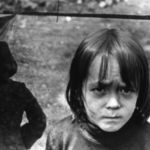CIPS NewsBriefs - Spring 2022
Thoughts on Climate change and Our Relationship with Mother Nature
Submitted by Margaret Bergmann-Ness, LICSW
Being human is a strange experience. We have powerful cognitive and creative capacities available to us, such that we can shape our environment to an amazing extent. And yet, we struggle to make use of our understanding when we resent its implications and its limits.
I remember being in 5th grade when the first Santa Barbara oil spill was presented in the news. I was a child who loved animals, and I still resonate with my intensely held wish to someday spot a sea otter in the wild. Thus, the pictures of the oil spill’s devastation – the sea creatures miserably coated in black gunk – made a deep impression on me, as did the media’s presentation of the risks present in warming earth’s atmosphere, should we continue to thoughtlessly burn oil.
More than five decades later, my sense of helplessness and frustration around our society’s refusal to set limits on our destructive patterns of consumption is even greater. Looking at the evidence of our actions and inaction, I see human societies ignoring the fact that what we do now matters, loath to acknowledge that the catastrophic climate changes we did not try to avoid have arrived. We take personally the natural impingements of the climate upon us, and yet refuse to act in consideration of how our behaviors impinge on the complex global systems that shape the climate.
It is as if we are incapable of seeing the reality of our relationship with the environment we are a part of. The colonizing mindset from which the United States was born has treated our natural world and its forces as inanimate or as hostile, to be exploited or controlled – but not to be accepted as setting limits upon us. We seem to imagine that since our wants can be infinite, so can our external world.
When we use the phrase Mother Nature, we indirectly acknowledge our role as dependent children born from forces we cannot control or fully understand. Our human creativity and imagination are intertwined with our painful human vulnerability. This acknowledgment brings me to consider where my understanding of vulnerability and infantile emotions may fit. We seem to interpret the pain of limits set by Mother Nature as persecutory deprivations. As Melanie Klein theorized, persecutory experiences promote the experiences of envy and greed, which can create tremendous difficulties in integrating inevitable losses. When we encounter loss, and the fact that we cannot have everything we can imagine, we hold Mother Nature as cruel rather than having her own limits. When entrenched in this position, we cannot move towards reparation. We suffer in a primal way when we cannot integrate Mother Nature as both more powerful than our wishes and yet somehow, still subject to the limits of realities we cannot fully grasp. This erodes our capacity to trust in goodness, and thus a vicious cycle of deprivation, greed and destructiveness continues.
So I must consciously and effortfully look at my fear that there is no hope for our world and humanity within it. I feel my dread at what appears to be a future of tremendous loss. And painful as it is to make contact with my dread and anticipatory grief, it is at that moment that I can move from fear and a sense of betrayal, to recognizing that our world as we know it, could never last forever. Loss is inherent in the gift of life, and my persecuted response to this keeps me from appreciating the gift of faith in the future as growth, albeit growth that moves us towards gain and loss. This brings some relief, where I can see myself in ever-shifting motion: from fantasying that I know what turn the future will take, in a despairing way, towards the relief of recognizing my lack of omniscience, and accepting the unknown as where hope can be found. This movement is as natural as the turn of seasons, and I can trust in myself and in our world as continuing in the mysterious journey of ongoingness.
